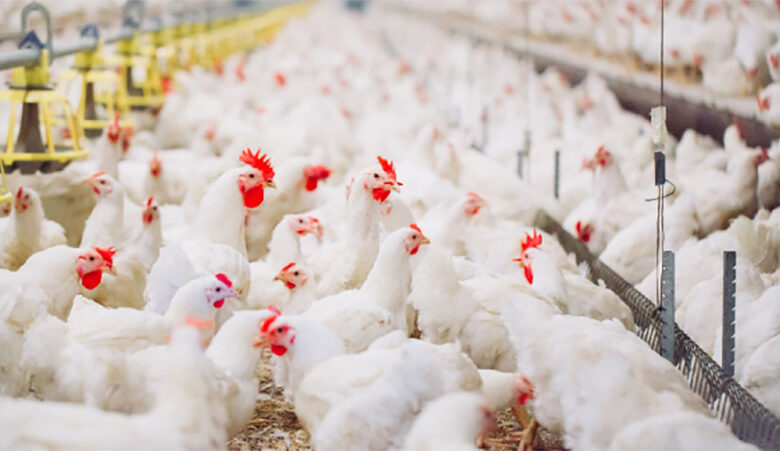Bird flu grips Germany, approximately 400,000 animals culled

More than 30 poultry farms in Germany have been forced to cull their animals following the discovery of bird flu outbreaks, the German Institute for Animal Health (FLI) announced recently.
According to initial estimates, approximately 400,000 chickens, ducks, geese, and turkeys have been culled and subsequently disposed of to prevent the spread of bird flu.

Bird flu grips Germany, approximately 400,000 animals culled
“We had similar figures in 2021, the strongest ‘bird flu year’ so far. It’s impossible to predict how the situation will evolve, but the FLI (Friedrich-Loeffler-Institut) expects a further increase in outbreaks and cases. The situation remains extremely dynamic”, said FLI head, Christa Kuhn.
The largest losses caused by the bird flu virus have been in northeastern Germany, especially in the states of Mecklenburg-Western Pomerania and Brandenburg, which surrounds Berlin. In Mecklenburg-Western Pomerania, nearly 150,000 laying hens were culled at two locations.
On Sunday, a district in Brandenburg announced that another 130,000 birds would be culled following the detection of bird flu cases.
Thousands of animals were preventatively culled in other German states after FLI analyses confirmed infections with the highly contagious H5N1 bird flu virus.
Wild birds migrating to southern regions are considered the main carriers of bird flu. Although the disease is now present in Germany throughout the year, the risk of infection sharply increases during the autumn migration.
According to Kuhn, 65 cases of H5N1 bird flu have been detected in wild birds. However, the head of the FLI institute said that significantly more infected animals have died in total.
So far, there have been no reported cases of the bird flu virus transmitting from birds to humans, but the discovery of such outbreaks has necessitated the initiation of culling campaigns, and farmers have been ordered to keep their poultry indoors.
Source: euromeatnews





